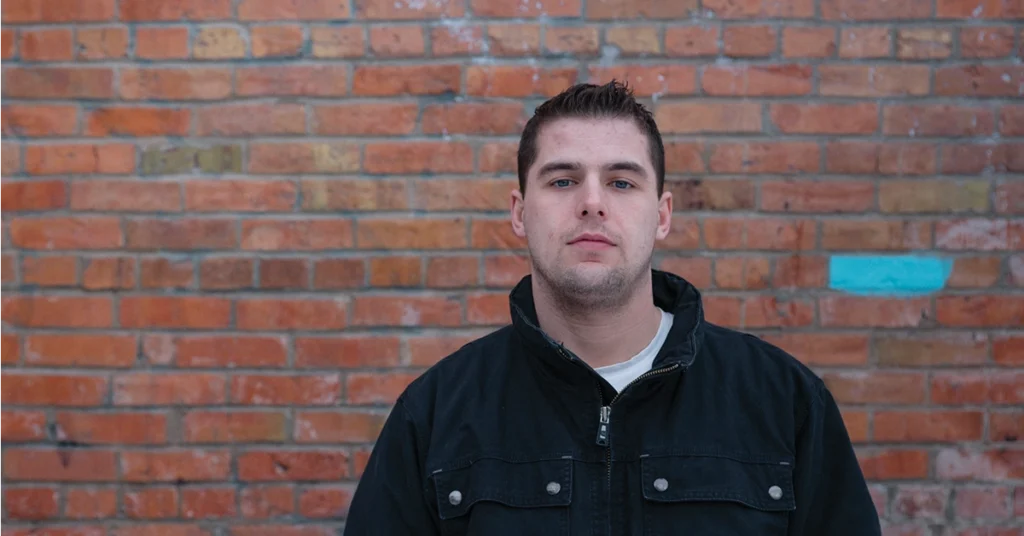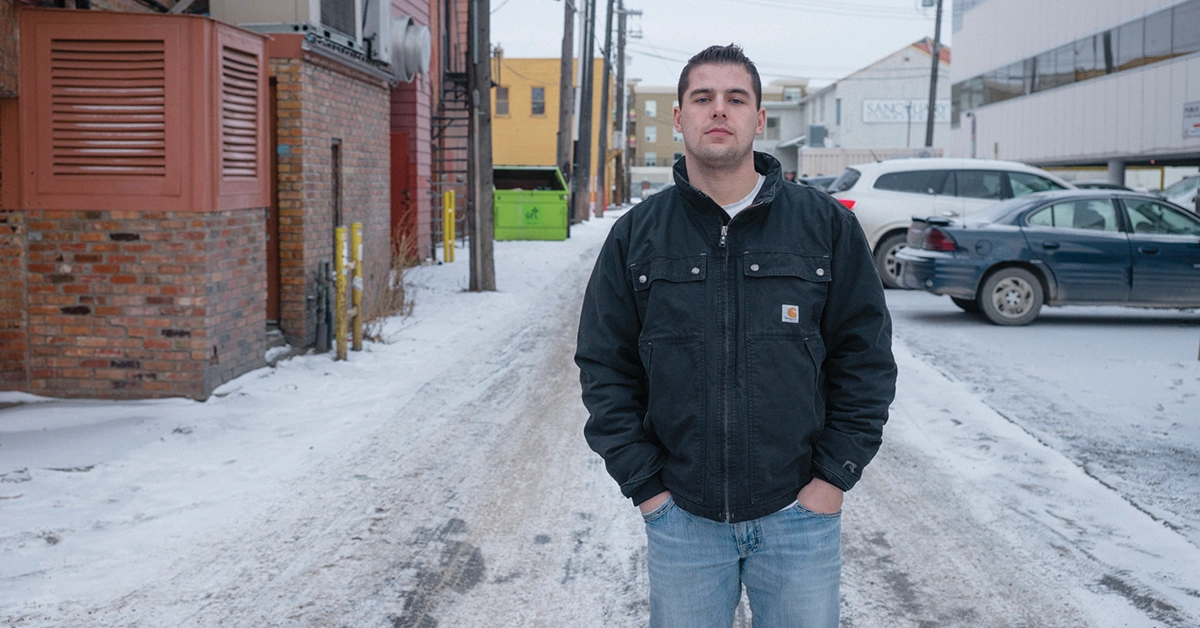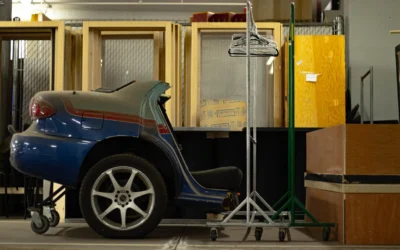When Gil Scott-Heron wrote and released the classic soul song “Home Is Where the Hatred Is” in 1971, he was sharing the story of a man at the end of his options: “a junkie walking through the twilight” who saw the concept of home as a place “filled with pain.”
Johnathan Flett is a recovered addict and a young father to a son, and has recently successfully made it to a year of sobriety. He once saw home the same way the song portrays it.
“I grew up in a house full of addiction, so my mom, my dad, my uncles, my aunties, and my older siblings were all dabbling into this stuff,” he says.
The presence of narcotics throughout his childhood was one of the factors that got him into drugs in the first place, and he began using before he had turned six.
“First time I ever tried any narcotics, I was five years old,” he says.
He began experimenting with narcotics of a softer nature, like marijuana, in order to strike out and rebel, but it didn’t take long for Flett to begin using heavier drugs as a coping mechanism.
“I dealt with a lot of abandonment issues early on, and sexual assaults, physical assaults, mental, and psychological. At the age of 13, I also lost my father, which for me was a lot to deal with,” he says.
“I didn’t know how to comprehend these things, and the only way to deal with this at the time was not feeling, so I turned to drugs and alcohol. And from there it became the solution to my problem at the time.”
‘I had to lose everything to know what I really had in the first place.’
-Johnathan Flett
Flett knew something needed to change in his life the night he and his son got in a car accident.
“The first thing I did when my son was in ICU was run to the bathroom and use cocaine,” he says. “At that point, I knew I was powerless and I needed help, but I didn’t see any way out of it.”
Flett also realized that if he continued down the path he was on, he would be putting his young son in danger of experiencing the same miseries he’d gone through as a child.
“When I was a child, I felt hate, anger — a lot of mixed emotions toward my family — my parents specifically. And I didn’t want my son to feel that way,” he says.
“I didn’t want him to feel all those emotions that I felt as an eight year old, a seven year old. Those things that kids shouldn’t have to feel at that age. And for me, that was my way out … I wanted to break the cycle.”
In order to go about putting a stop to his addiction, Flett was forced to make a series of difficult decisions, starting off with who he should and should not be associating with.
“I had to cut a lot of people out,” he says. “My solution to a lot of my problems — whether it be family or friends — I had to stop talking to them, I had to cut them out of my life, and I had to focus more on me.”
The next step for Flett was choosing to reach out for help from others — something he had never even thought to do before he reached his turning point.
“I’ve felt alone my whole life, and all I was doing was pushing people away. Well, it was no wonder that I was alone,” he says.
This “loner guy” outlook of Flett’s changed when he arrived at a detoxification facility.

“I had a counselor that helped me talk and work through all these things that I had going on, and that really helped,” he says.
From there, Flett made the discovery that the best people to talk to about what he’d been through were those who had been dealt similar cards.
“I think the best professional for my problem is one addict helping another,” he says. “The things that I’ve gone through — someone that’s gone through them with me can relate to it better than someone that’s read (it) out of a textbook.”
The bonds built through shared experiences have allowed Flett to work through traumatic events he never believed he’d be able to speak about.
Having retained his sobriety for over a year now, when looking back on his past, Flett says the path to recovery could be started only after reaching his lowest point.
“You have to literally be sick and tired of being sick and tired,” he says, referring to the state he was in when he decided to make a change.
“You have to beat yourself into a state of reasonableness, as I have done to myself.
“I lost my son out of my life because of my actions,” he says. “I got cut out of his life for eight months towards the end of my addiction due to what I was doing, and I had to lose everything completely to be ready.”
Although Flett wishes there was another way to begin to get better, he sticks to the belief that losing it all was a painful but fundamental first step in his recovery. As he puts it, “I had to lose everything to know what I really had in the first place.”
As for where he stands now, Flett has only good things to say.
“I walked around like an empty shell for 25 years, 26 years. And for the first time in my life, I’m actually — I’m complete,” he says.
A part of this feeling could be a resurgence in certain things Flett had forgotten he’d cared about as a young boy, which had seemingly disappeared from his mind permanently while he was using.
“Upon coming into recovery, you do a lot of thinking, and you look back on your life and try to remember things,” he says. “It hit me one day, and I said, ‘I always wanted to help people.’ It’s so funny … my addiction took that away from me and it pushed it away. And in recovery, it’s given me that back.”
In speaking out about his battle with substance abuse, Flett has one key hope: that people who hear his story understand there’s always someone willing to listen, regardless of whether the type of pain a person is going through is drug-related or not.
“What I like about this, is that maybe the things that I’m about to say can reach out and help somebody,” he says. “I know what it’s like to feel like there’s nobody in your corner, and not be able to speak your mind, or feel trapped in your own head.”
Even in the face of those feelings, Flett asserts that no matter how dark one’s situation is, a solution can always be found.
“Regardless of what happens in life, there is a better way, and there are ways to deal with these things. And it’s reaching out and asking for help. It’s knowing that you’re not alone.”
Cover photo supplied.





0 Comments